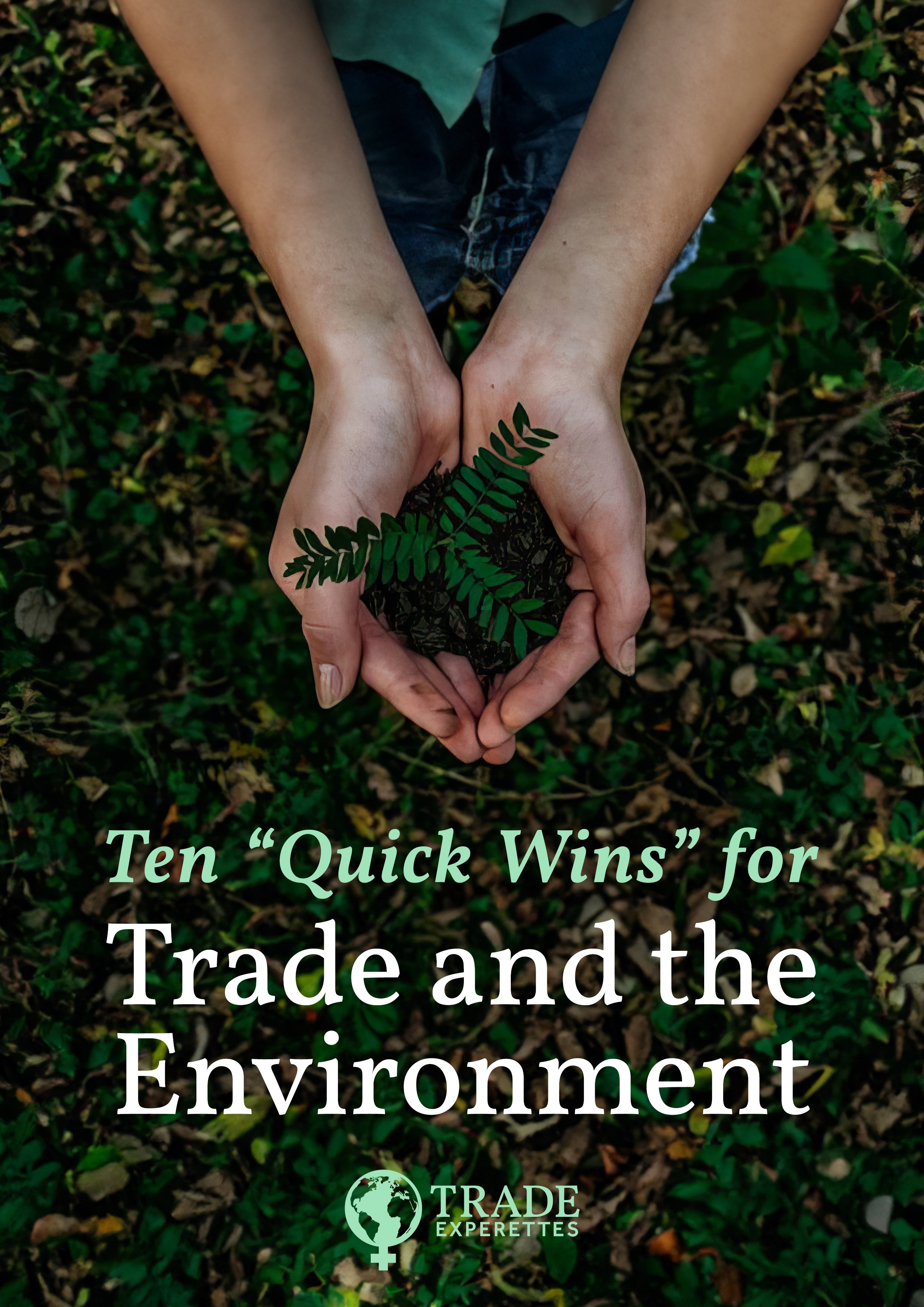
Ten “Quick Wins”
The year 2024 marks a global election cycle with over 80 countries, representing more than half of the world’s population casting their votes. In these uncertain times, the world finds itself confronted by a state of “polycrisis”—a complex web of interconnected global challenges that transcends borders. Geopolitics and international trade have a critical role to play in driving solutions to these crises.
The linkages between trade and environment are both complex and diverse. While trade has enabled the rapid development of technological advances to help governments achieve their environmental goals, the deployment of those innovations is not always financially accessible or produced at the scale needed to address urgent challenges. As a result, nations face persistent obstacles to tackling environmental degradation in all of its forms. The range of activity on trade and environmental issues is vast and continually growing.
Members of the World Trade Organization (WTO) left the 12th Ministerial Conference (MC12) in Geneva with a sense of achievement, possibility, and hope. This was not a guaranteed outcome. In fact, going into the meetings, there was an air of trepidation and skepticism following years of trade disruptions and turmoil created by the WTO’s Appellate Body crisis. Despite this, members descended upon Geneva with their sleeves rolled up and got to work.
The clock is ticking for the World Trade Organization’s 12th Ministerial Conference, where members will tackle a wide range of trade issues. Among them is trade and gender, where WTO members are aiming for a ministerial declaration that lays out a clear set of concrete actions members can take to improve women’s participation in world trade. The Informal Working Group on Trade and Gender has been engaging in discussions over the last year to this end.




